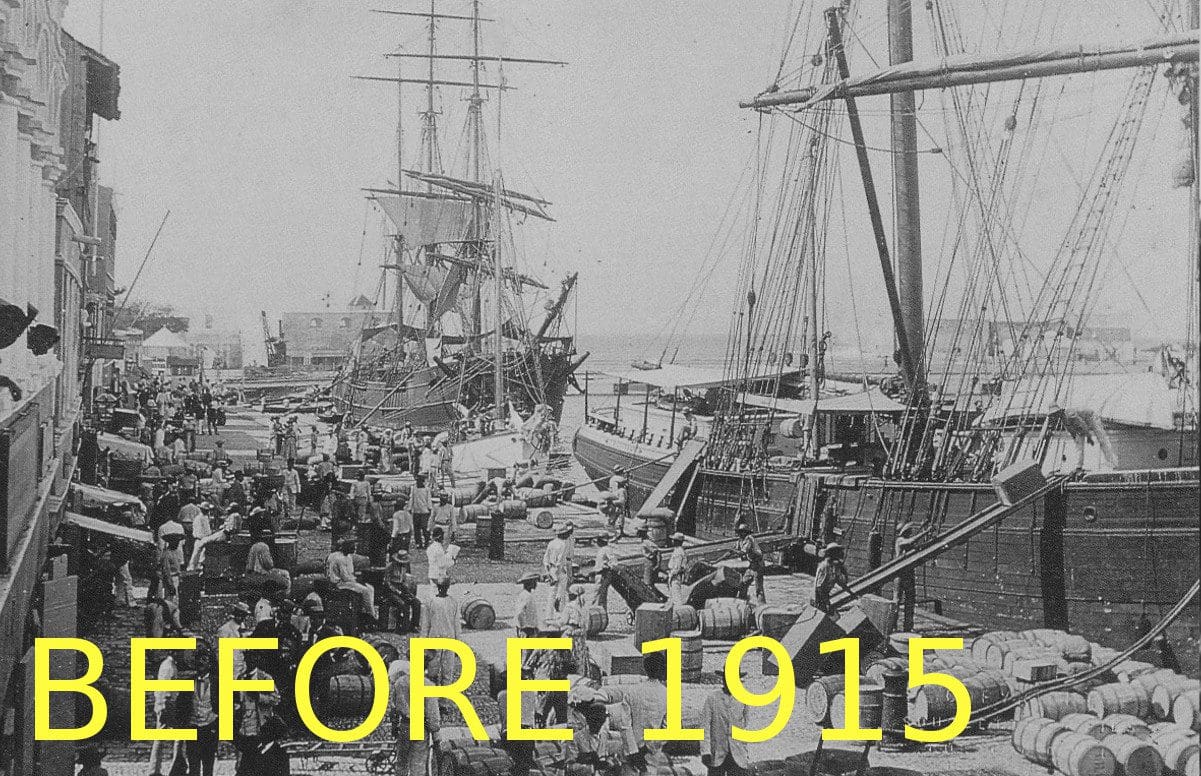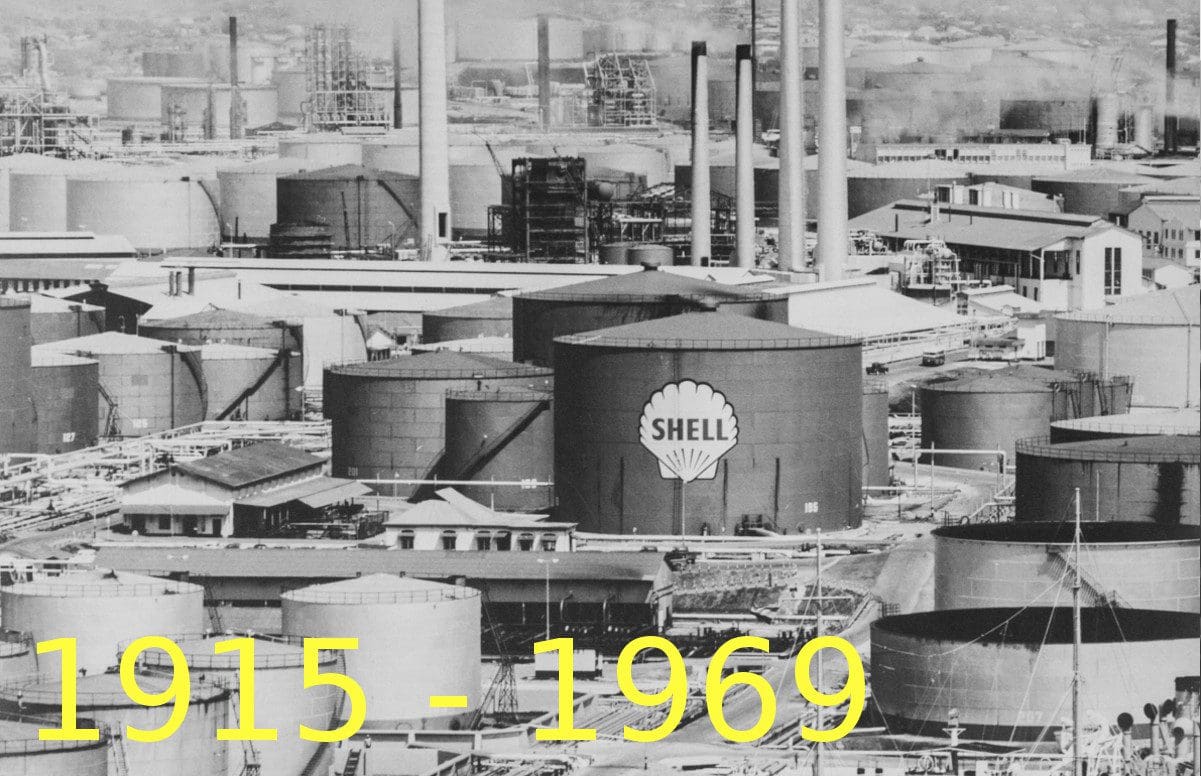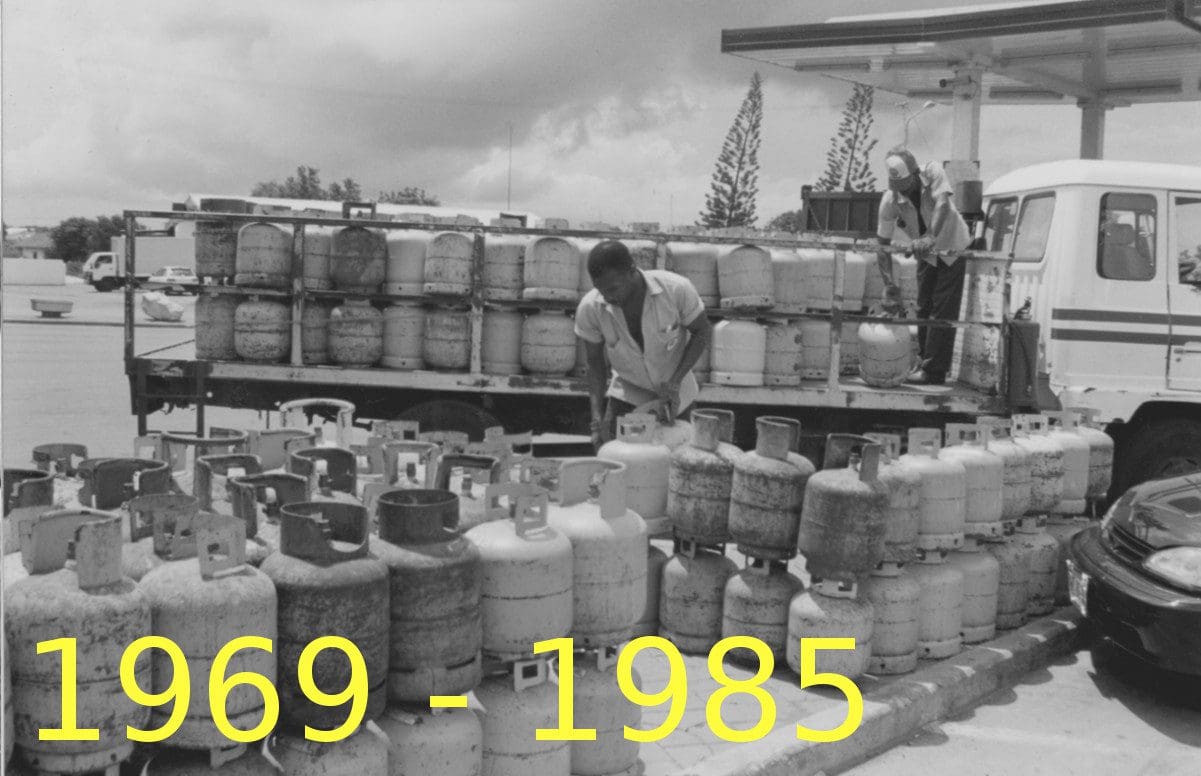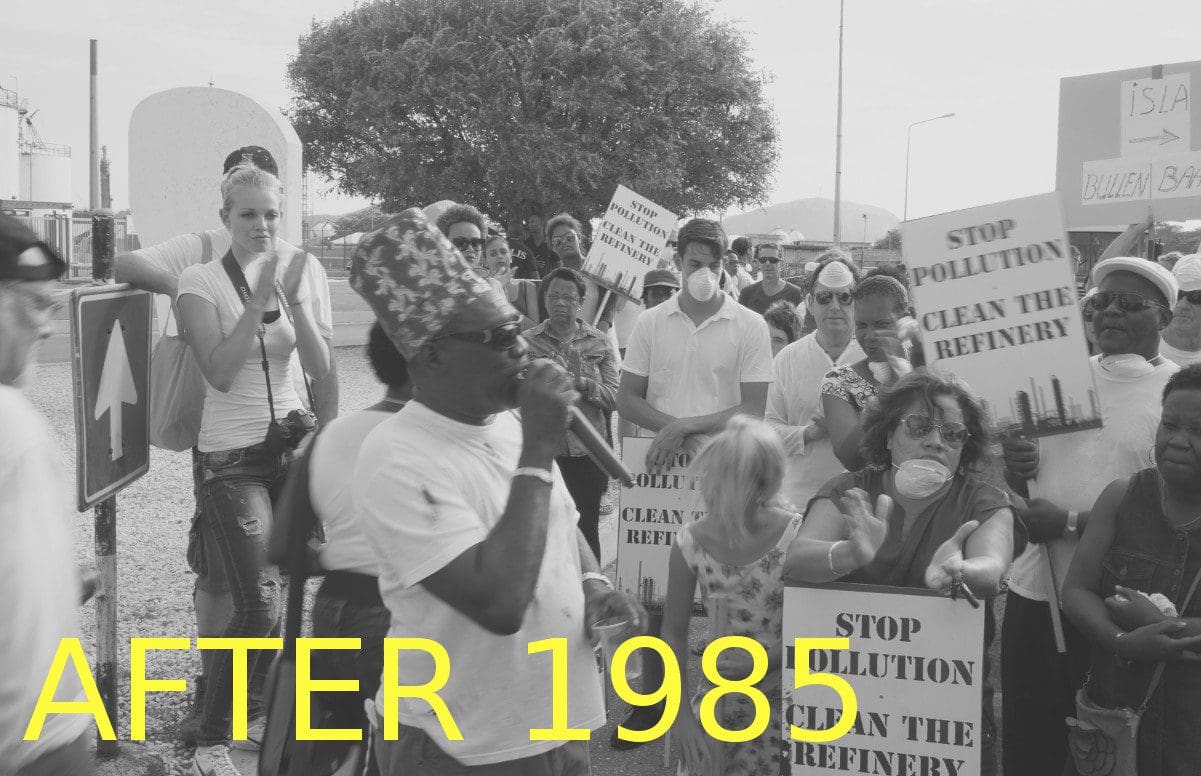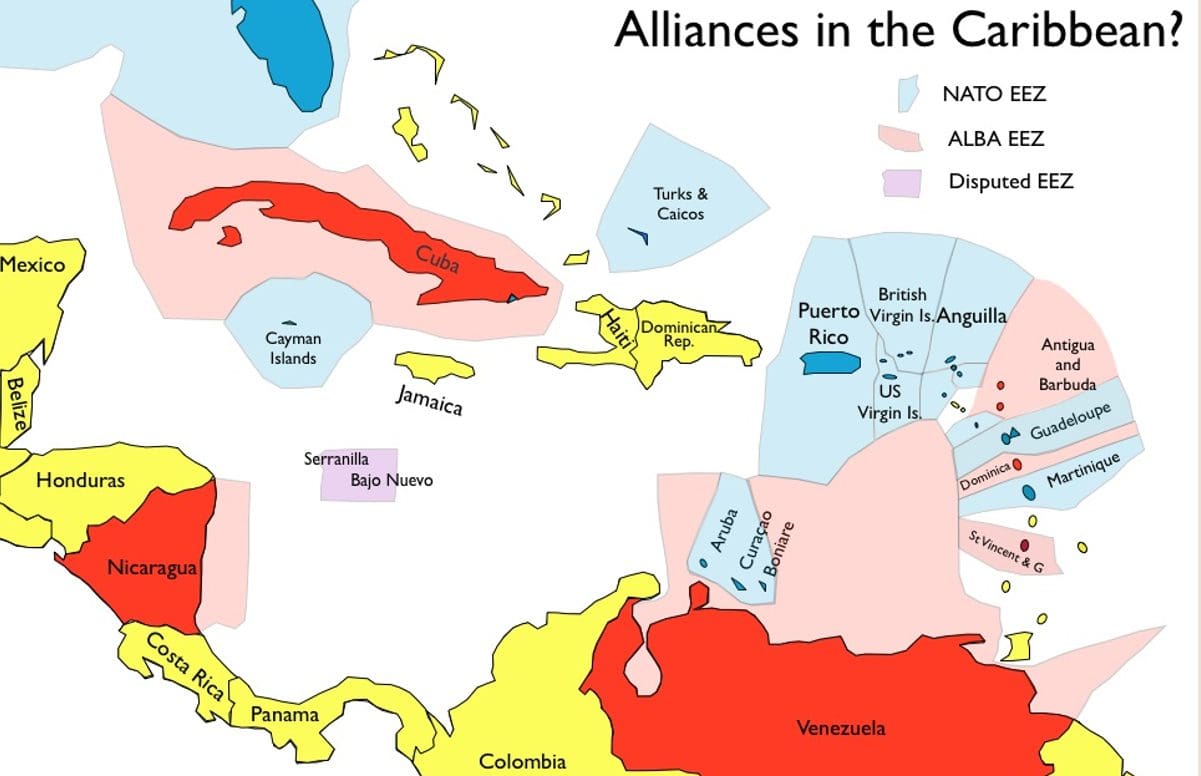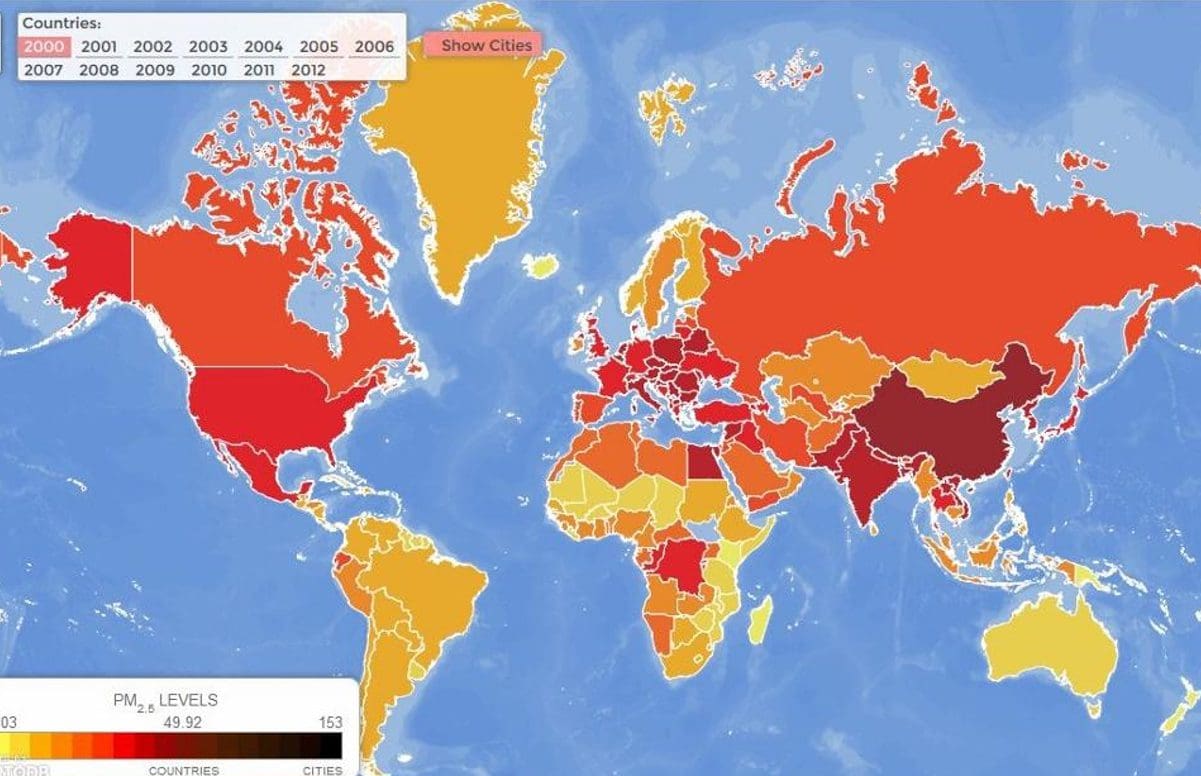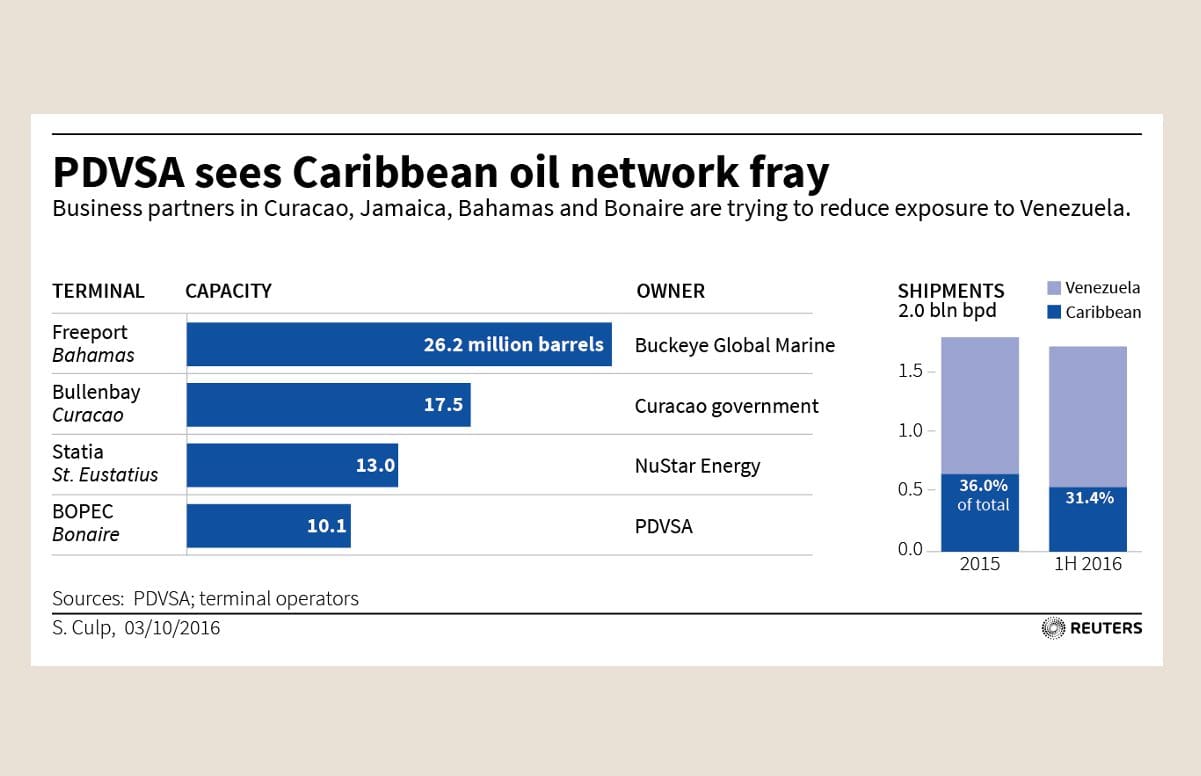
Isla den Nos Bida
100 years Refinery in Curaçao – 100 aña Refineria na Kòrsou
Exhibition
Future & Art
A century after Curaçao was propelled into the Industrial Era by the building of a refinery on its soil, the island stands at an economic crossroads. Not only does the lease of the refinery by the Venezuelan state oil company, Petroleos de Venezuela S.A. (PdVSA), expire in 2019, but the sustainability of oil production on a global scale has also become increasingly problematic at the beginning of the 21st century.
One hundred years ago, oil was deemed the miracle fuel that sped up economic development at unprecedented rates. In 1916, coal and steam counted as the most prominent energy sources. When the Isla refinery was built, awareness or concern regarding the environment was minimal. Economic progress was the magic word the Western world was striving for. As oil has enabled faster travel, increased trade, mass-scale warfare and wide spread consumerism, for many the planet has become an economic resource to plunder rather than a spiritual entity that sustains us.
The race for progress and materialism has by now become a global responsibility, to the point where scientists have warned that the current way of life is no longer sustainable. This has sparked a quest for a New World Order in which the United States had to form trade blocks such as NAFTA, as well as being forced to compete with China and Russia for control of the remaining oilfields on Earth. This quest has been the drive to wage many recent wars, particularly in oil rich regions such as the Middle and Far East. The decline of the US as super power is no longer in question.
But the quest for oil to fuel a materialist life style has also considerably changed the global environment. Massive emissions of refineries and factories worldwide have led to a rapid increase in the Earth’s temperature, a phenomenon also known as global warming. So far, the period between 2011-2016 was the hottest on the planet, causing sea levels to rise. This rise will soon increase as a result of unexpectedly rapid melting of polar ice, most ominously the huge Antarctic glaciers.
In the Caribbean and the Americas the dominance of the US in geopolitics and the results of global warming have mostly been felt in terms of the consumption of, and subsequent war on, drugs. South America and the Caribbean have initiated increased production of shamanic healing plants such as coca and cannabis for the US and European markets. This trade has contributed to destruction of the environment, especially in and around the cocaine labs. Subsequent criminalization of these drugs by the United States and European countries has resulted in a greater dominance of these geopolitical powers in this region. In Curacao, this has meant hosting a United States military air force base for counter-drug operations, named Forward Operation Location (USFOL), since 1999.
In addition, as academic Atilio Boron of the University of Buenos Aires recently noted: “as the hinterland of a declining empire, we are the attractive “backyard” of the United States, offering all kinds of highly valuable resources: water, oil, gas, electricity, biodiversity, strategic minerals, rain forests and food.” How this will play out in a future of shifting geopolitical relations “is hard to predict and the game is far from over.”

